The criminal acts typically covered by a commercial crime policy include:
- Computer and funds transfer fraud
- Employee dishonesty
- Forgery or alteration
- Money and securities
- Theft of client’s property
What is first-party crime insurance coverage?
Like property insurance, first-party coverage directly addresses losses the policyholder may suffer from its employees. First-party coverage can be written through a standalone crime policy, as an endorsement to commercial property insurance or business owners policy (BOP), or a fidelity bond.
What is third-party crime insurance coverage?
Meanwhile, third-party crime coverage protects an insured against criminal activity carried out by someone outside the organization. The third-party coverage will protect an organization if an independent contractor or freelancer commits a crime.
Key Commercial Crime Insurance Exclusions
While commercial crime insurance covers many aspects related to employee theft or fraud, it does have some exclusions. Here are two key exclusions, so your organization can protect itself through other methods.
- Lost income due to operational interruptions from crime is not covered. Your business may need to close for days or weeks after discovering a crime to investigate the exposure, improve security, or repair damaged property. A business interruption policy would help supplement any lost income in case of temporary closure.
- Crime insurance will only cover a limited number of computer crimes. Losses due to data breaches or social engineering attacks need to be covered separately under a security & privacy (cyber) liability insurance policy.
There are other exclusions to commercial crime insurance. When putting together an insurance program to protect your organization against crime, it is always best to talk with an experienced broker to discuss your needs and coverage options. Chivaroli & Associates can aid you in determining the proper crime coverage.


